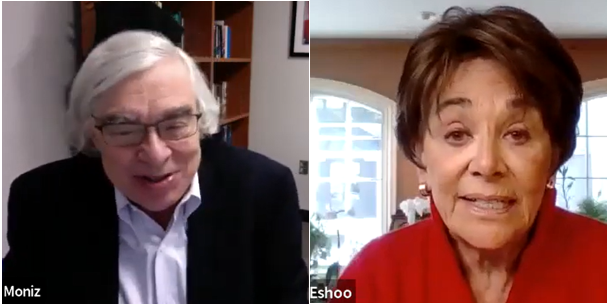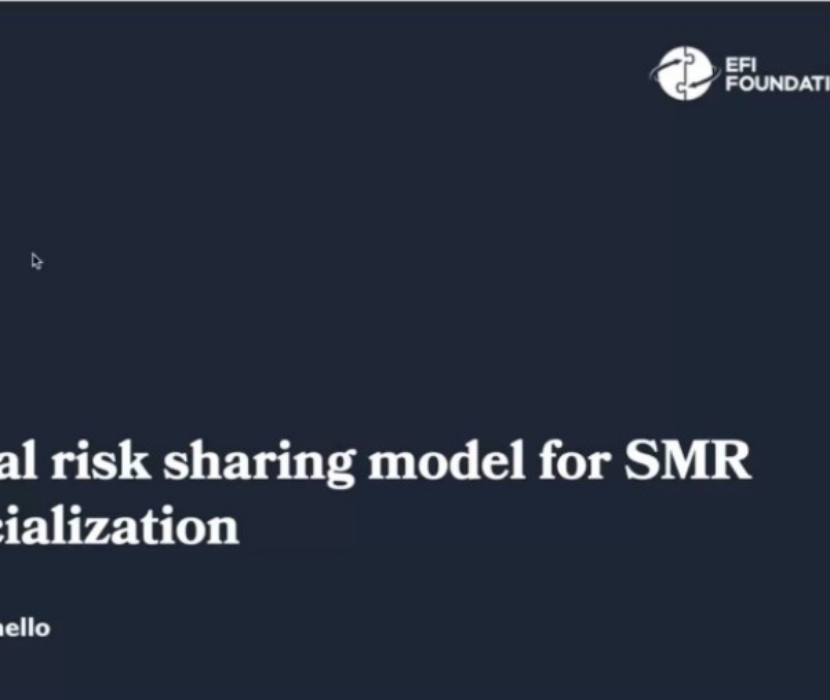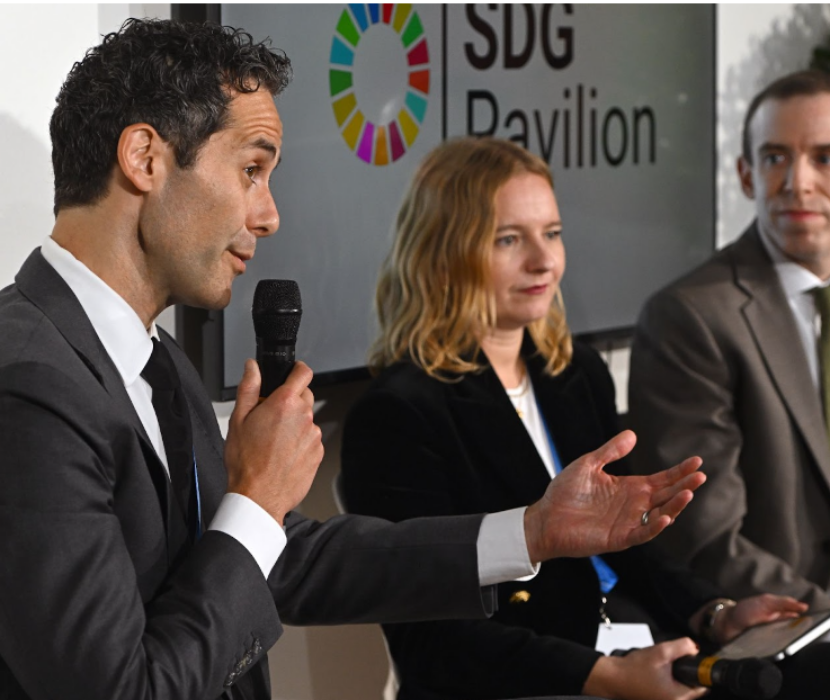
On November 3, former energy secretary Ernest Moniz joined Representative Anna Eshoo’s (D-CA-18) virtual townhall on climate change. The two answered constituent questions about the Inflation Reduction Act (IRA)—recently passed federal legislation that is expected to drastically reduce greenhouse gas emissions, increase the number of jobs, and grow our country’s gross domestic product over the next decade. Rep. Eshoo represents California’s Silicon Valley region.
“It’s been quite a year with a trifecta of major bills, all of which in different ways, crowned by the IRA, will advance our climate agenda,” Moniz said.
He referenced an analysis by the Energy Futures Initiative, as part of the Labor Energy Partnership, that projects that the Inflation Reduction Act will decrease our country’s greenhouse gas emissions by 37% of 2005 levels by 2030. However, Moniz said that even steeper reductions could be possible within that same timeframe with state-level initiatives.
“With state programs, we have a shot at least of making that 50%. It’s not going to be easy, but it’s a credible stretch goal, I think, for us to look at,” Moniz said.
He and Rep. Eshoo discussed the details of IRA rebates for electric vehicles and heat pumps. Moniz then pivoted over to how the Infrastructure Investment and Jobs Act and CHIPS and Science Act are also helping move forward the development of diverse, clean energy technologies. One of these technologies is nuclear fusion, which Moniz has frequently said he is optimistic about because of private sector investments this year. Fusion power plants would have the energy density of our existing nuclear fission plants, but without nuclear waste challenges.
Looking to the future, Moniz said, “The most important legislation would be one that puts a national price on carbon dioxide emissions. Ultimately, that’s where we have to go….At some point, I believe that the pressure from the public will make this a bipartisan issue.” He said social equity issues also have to be front and center.
Moniz said we must reduce our fossil fuel use, but we might not be able to stop using them entirely.
“[Fossil fuels] have some qualities like energy storage that we’re going to need to retain at some level,” said Moniz, referring to how natural gas has energy “stored” in a fuel that can be used at any time. “But then we need to complement it by literally getting carbon dioxide out of the atmosphere, out of the oceans, and reduce that legacy greenhouse gas that was put into the atmosphere so that we can be net zero and beyond that net negative.”
–Georgia Lyon, Communications Associate
(Share this post with others.)




